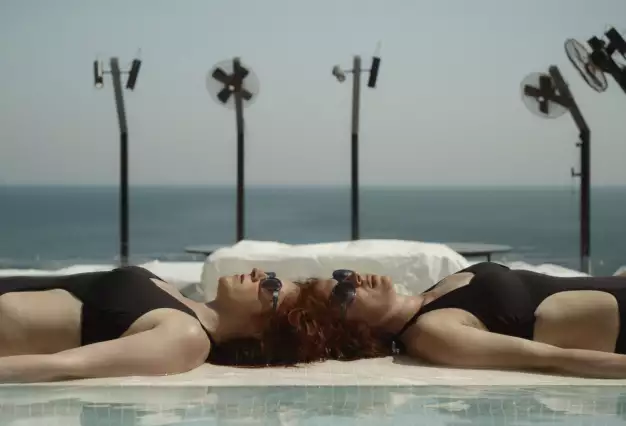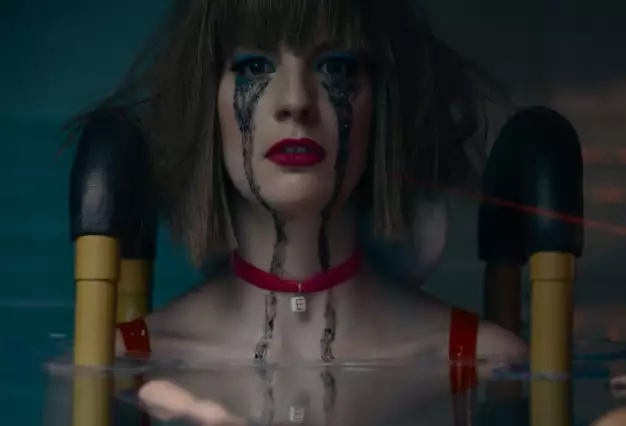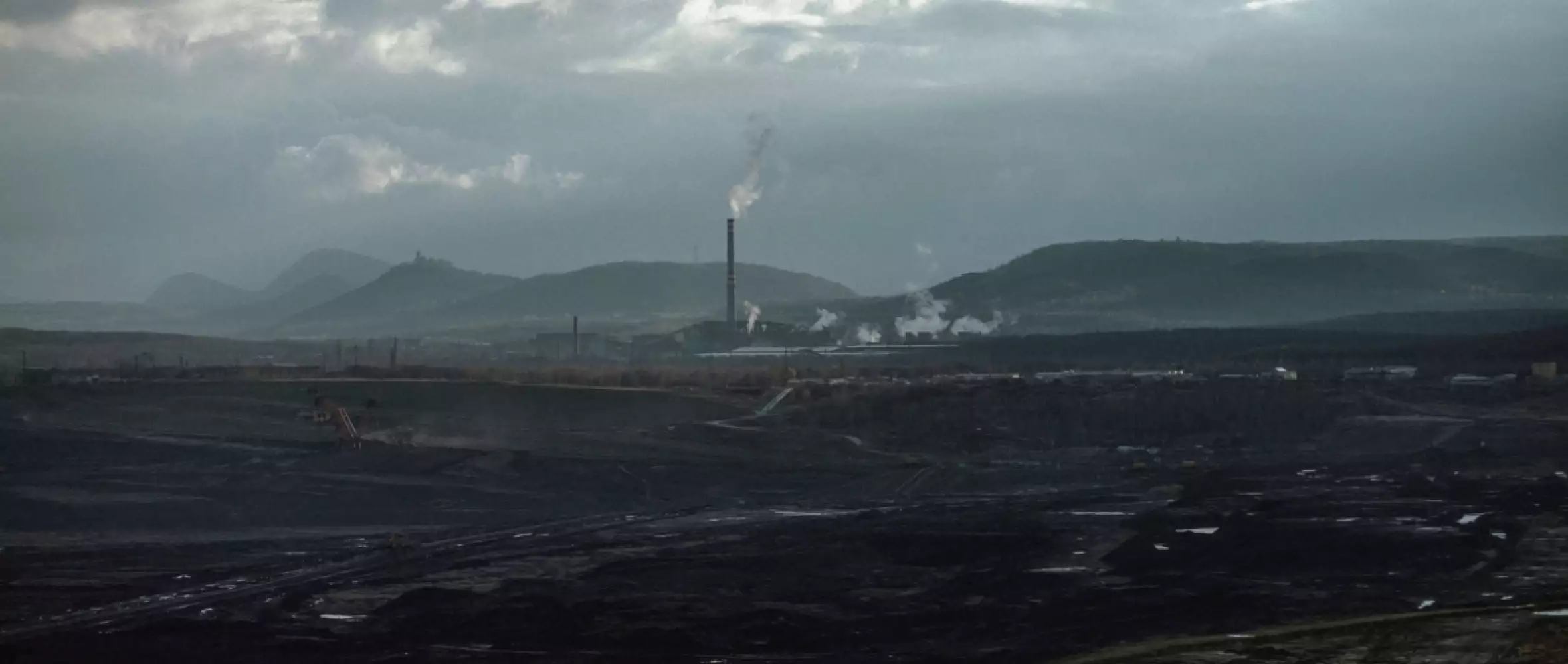
05 January 2017
Dark and Dirty, Wasteland Holds International Appeal
Dark and Dirty, Wasteland Holds International Appeal

The makers of a new Czech miniseries on HBO Europe seem to know their T. S. Eliot. A barren landscape of industrial coal mines surrounds the small border town of Pustina, scene of the psychological drama Wasteland. But the fictional town (whose name actually means “wasteland” in Czech) has already proven its cross-border appeal: the series premiered at Karlovy Vary, followed by the full season’s international premiere at the Toronto IFF in September.
The Article by Louise H. Johansen for Czech Film Magazine / Spring 2017
We spoke to series director Ivan Zachariáš and HBO Europe executive producer Tereza Polachová about their creative choices and what it means to have Europe, and not just the Czech Republic as their target market.
A Czech Original
Wasteland is the latest Czech addition to the HBO Europe catalog, tapping into the tradition of quality TV with its long-stretched crime plot and evocative aesthetics, a likely choice for fans of True Detective and Fargo, or even Twin Peaks. “That was how I saw it when I read the script,” says director and creative supervisor Ivan Zachariáš, though he is quick to point out that Wasteland wasn’t directly inspired by any other series.
Over the course of its eight episodes, Wasteland tells the story of the town’s controversial mayor, Hana Sikorová, and her two teenage daughters. Their father lives on his own, in a hut in the woods — apparently the couple’s split was due to his unstable mental condition. In the first episode, their 14-year-old daughter Misha goes missing, and Hana embarks on a long, nightmarish investigation parallel to the local police’s lackluster, and often laughable, efforts.
Several different storylines wind their way through the universal “whodunnit” plot. Hana’s main political and personal project is to keep the inhabitants of Pustina from signing away their land to a Polish mining company digging up low-quality coal in the region of northern Bohemia. Coal equals gold, and the audience begins to fear along with Hana just how much people are willing to bury in order to make a quick profit.
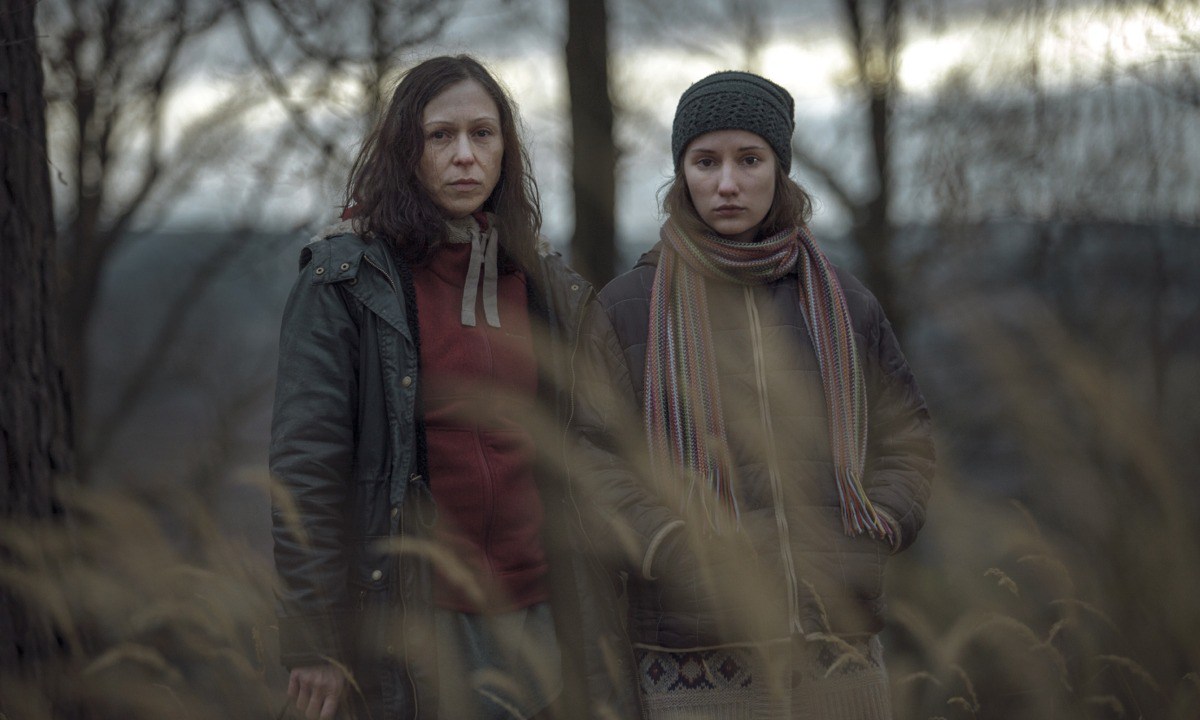
A story like this could easily be set in lots of other parts of the world where locals face tempting offers from greedy corporations. But director Ivan Zachariáš says he wanted to go beyond this theme to introduce an aesthetic aspect: “I was pretty familiar with the area where we were shooting, and I’ve always liked it. I remember thinking, I want to show something everybody thinks is ugly in a much more poetic light.”
Wasteland’s locations consist of great expanses of black, mining-gouged landscape contrasted with the claustrophobic settings of a small town: the pub where everyone knows everyone, the truck stop and its prostitutes, and a home for juvenile delinquents, housed in the iconic yet run-down castle of Jezeří.
Blending in Documentary Methods
Although born in the Czech Republic, Zachariáš comes to the project as an outsider, having spent most of his career in the US, where he is a highly renowned director of commercials. Yet even in his TV ads for cars, beverages, and sportswear, you notice his strong sense of location. Visually, Wasteland stands out from the opening credit sequence, fully on par with the other renowned series at HBO.
Zachariáš in fact studied documentary filmmaking at FAMU in Prague, until his graduation in 1996, and his sense of realism is clear: “I wanted to make Wasteland as realistic as possible, so my real-life observations of ordinary people were very useful. I like minimalist acting, so you feel the character’s emotions rather then seeing them.”
In order to achieve that naturalism, Zachariáš and his team cast professional Czech actors side by side with amateurs whose physical appearance is visibly scarred by their upbringing and living conditions: “I tried to cast all my actors so their faces could tell us enough to understand who they are and what their lives are like.”
Another strong storyline that sets Wasteland apart from other contemporary TV series and lifts its realism to a new level is the one that takes place at the center for juvenile delinquents. Here we meet an ensemble of troubled teenage boys, who may or may not have known Hana’s missing emo daughter Misha. Again, Zachariáš brings documentary methods to bear: “Working with all those kids was great. They got better and better throughout the shoot — even though most of them had no experience with filming. It took a while to find them, but I think we got lucky. Most of them aren’t actors, and a few of them have experience from detention centers.”
April is the cruellest month, breeding Lilacs out of the dead land,
mixing Memory and desire, stirring
Dull roots with spring rain.
Winter kept us warm, covering Earth in forgetful snow
— T. S. ELIOT, THE WASTE LAND (1922)
Real Stories
Wasteland’s Czech predecessor on HBO Europe was the popular and critically acclaimed three-part miniseries Burning Bush, fronted by Polish film and TV director Agnieszka Holland (Treme, House of Cards), working with the creative team of writer Štěpán Hulík and the young producing duo Pavla Janoušková Kubečková and Tomáš Hrubý. The same team is behind this new series. In fact the powerful realism of Hulík’s script was what brought the director onboard and back to the Czech Republic for his first feature as a director: “I liked that it’s a real story about real people — nothing fake. I liked the social drama even more than the crime story line that drives it forward. For me it’s about the effect that parents have on their kids.”
The Challenges of Quality TV
Heavy on theme, with a single crime stretched over eight episodes, Wasteland tests viewers by demanding their loyalty until the plot pays off. But neither the director nor the creative producer had any doubts about this slowburning dramatic arc.
“I just trusted the script and my actors,” says Zachariáš. HBO producer Tereza Polachová elaborates: “It’s natural when you spend such a long time so close to a project, putting almost all your time and energy into it, that you’ll occasionally get doubts. But oddly enough, it never even crossed my mind this time. I just concentrated on delivering the best show possible. Right from the start, I truly loved and believed in the script, and I trusted the creative choices we made. When I saw the first episodes, I was happy and felt good about it, but as the edits of the new episodes kept arriving and the story unfolded, I got more and more absorbed by the later episodes. So I believe the audience, once they get hooked, will stay with it.”
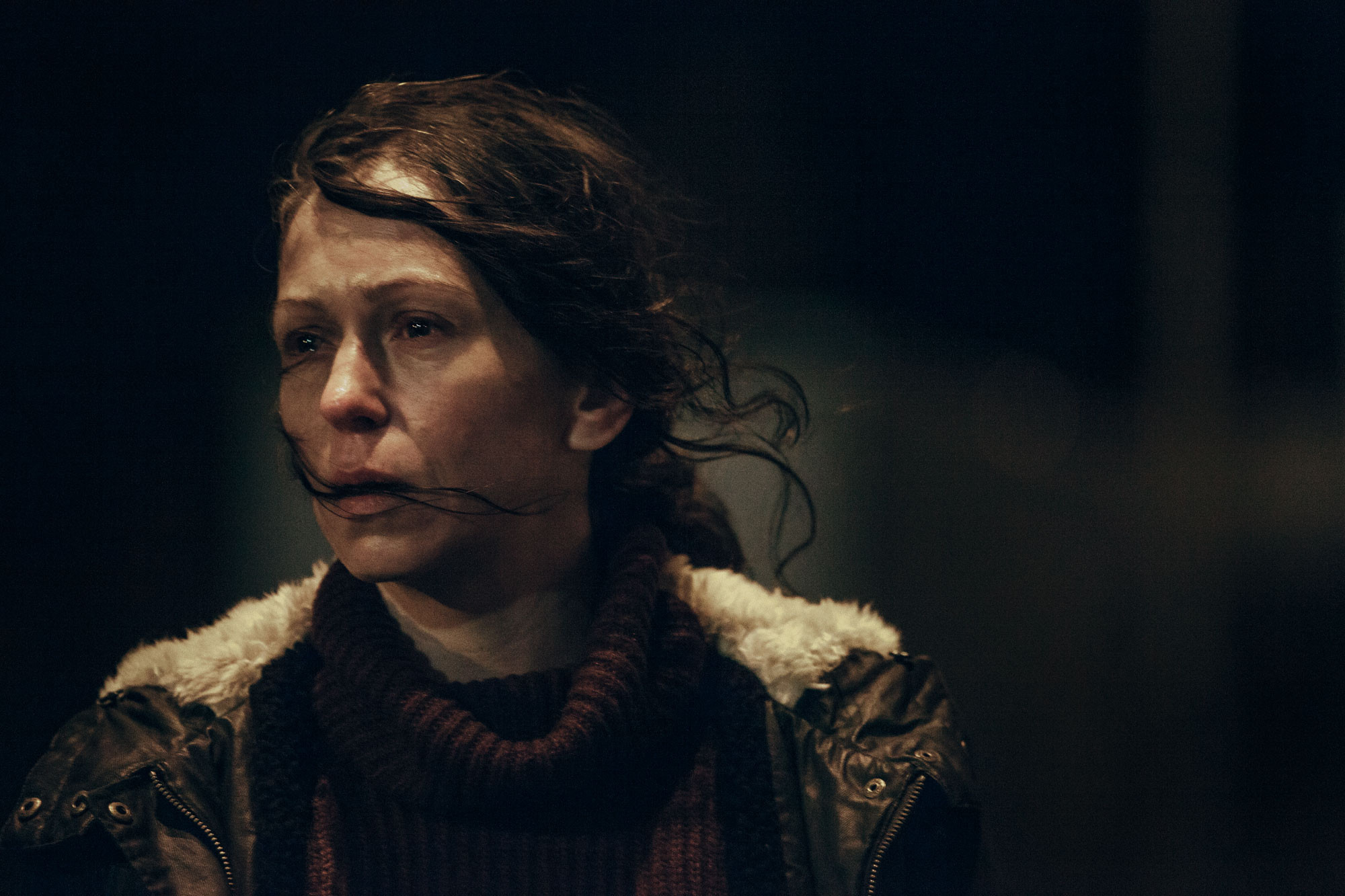
The Core Creative Team
After the collaboration with writer Hulík and producers Janoušková Kubečková and Hrubý on Burning Bush, Polachová and HBO knew they wanted to work with them again. The writing process for Wasteland began in 2013. Polachová explains: “The development process took us a long time, since originally we tried to build a local sort of writers’ room. Štěpán, Pavla, and some other people as well got together on a daily basis and came up with ideas about character development and story lines and took notes on all of it, but ultimately Štěpán wrote the script by himself. It was a writers’ room, Czech-style. HBO gave creative comments at every stage of script development.”
Bringing in Zachariáš was initially a bold move on the part of the producers, says Polachová: “We’d been looking for a director for a while, since we wanted someone with a new and unique approach. Ivan was a great find, since he was also looking for a project outside of advertising. It was a bit of a challenge for us, given that he didn’t have any experience working in longer format — feature films or series. But his previous work convinced us that he had a strong visual and creative approach, which was exactly what we were looking for. Alice Nellis [who also directed four episodes], being a renowned and experienced filmmaker, was a natural choice to accompany him.”
“Do What You Believe In”
With its universal themes but distinctly local flavor, Wasteland has the potential to reach beyond viewers with an emotional connection to the actors, locations, and the popular music used so effectively throughout the series. We asked the producer what it means to have Europe as her target market and how that affects the creative path.
“We primarily produce for a Czech/Slovak audience, but not even HBO Europe can afford to produce for a territory as small as ours. So you always have to keep in mind that the story you’re telling has to be potentially accessible and interesting to every HBO market.”
Polachová continues: “International success should be a byproduct, not the main goal. My main goal is a good story — a great script and intensely creative. Besides, it never works to make something by calculating its appeal to an international market. You have to do what you believe in.”



